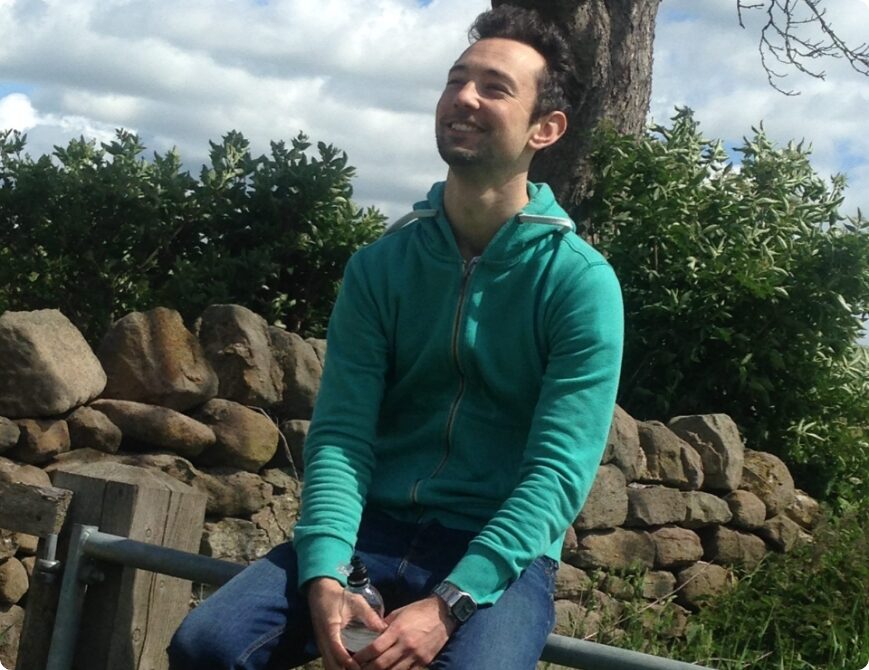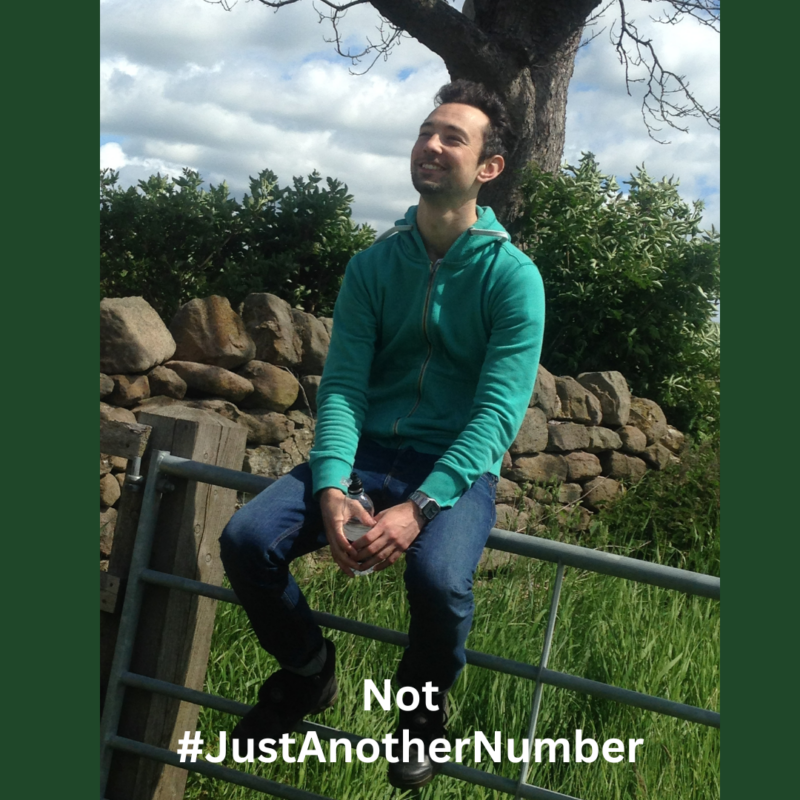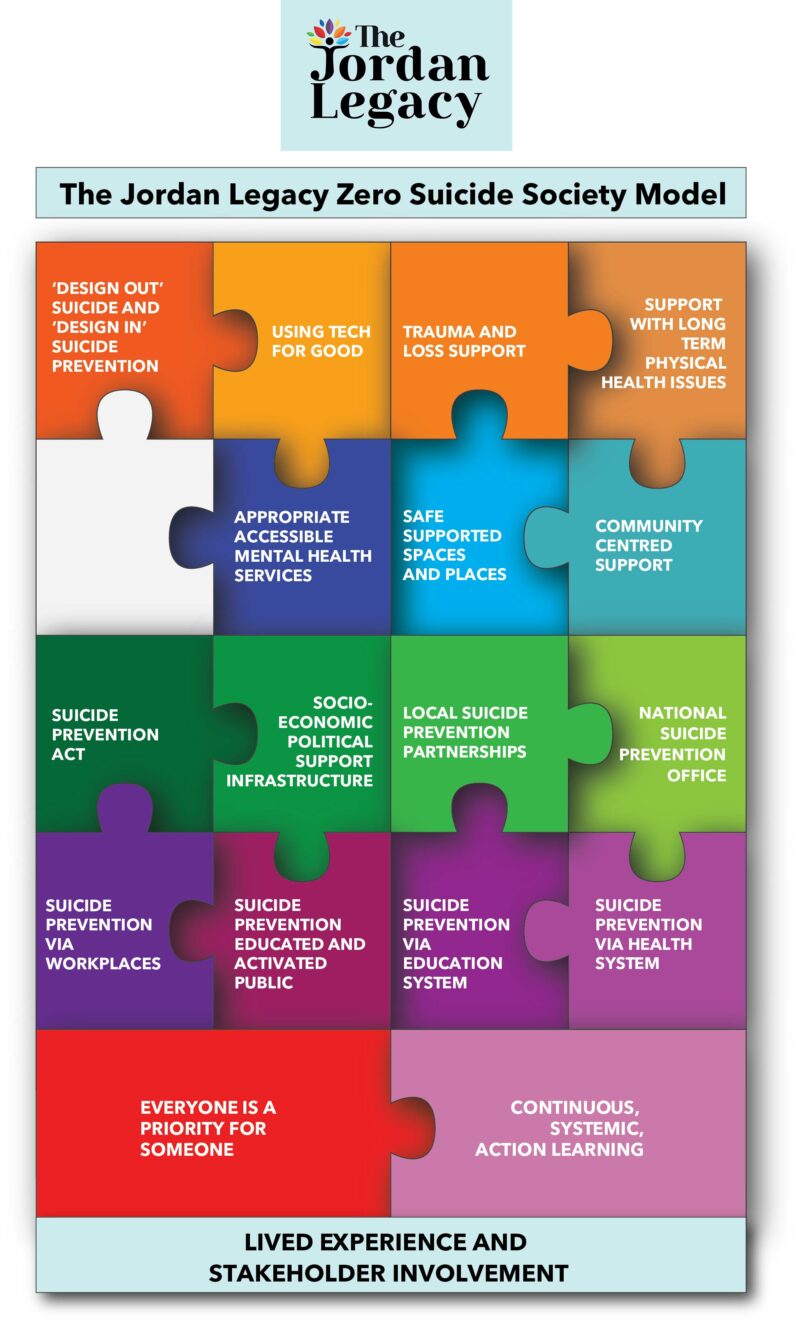Our Mission
Our Zero Suicide Strategy
Supporting Us
Help & Resources
Jordan’s Story
Jordan was a son, a brother, a stepson, a stepbrother, a loving boyfriend, a grandson, an uncle, a cousin and a best friend. He was tall and handsome and turned many a head, male and female. His friends both loved and envied him.
At his funeral they described Jordan as; well-mannered, a great listener, kind and considerate, intelligent, cool but humble, ridiculously handsome, a true gentleman, humorous, “being a friend with him was never a chore”, “he was the person I would usually turn to at difficult times like this”, “he was the best and most loyal friend I ever had”, “He was remarkable in every sense”.

Help and Resources
Whether you’re concerned about your own mental well-being or that of someone else, knowing how to help, what to say and who to contact could sometimes be the difference between life and death. Our resource centre has been designed to provide with the most up to date and relevant information and support, based on your specific needs.
Latest News and Events


Supporting Us
Understanding that you are not alone and that others are experiencing the same level of anxiety, distress, suicidal thoughts or bereavement is vitally important.
Feeling that no one could possibly understand what you’re going through, can lead to even deeper feelings of anxiety and depression and possibly worse.









